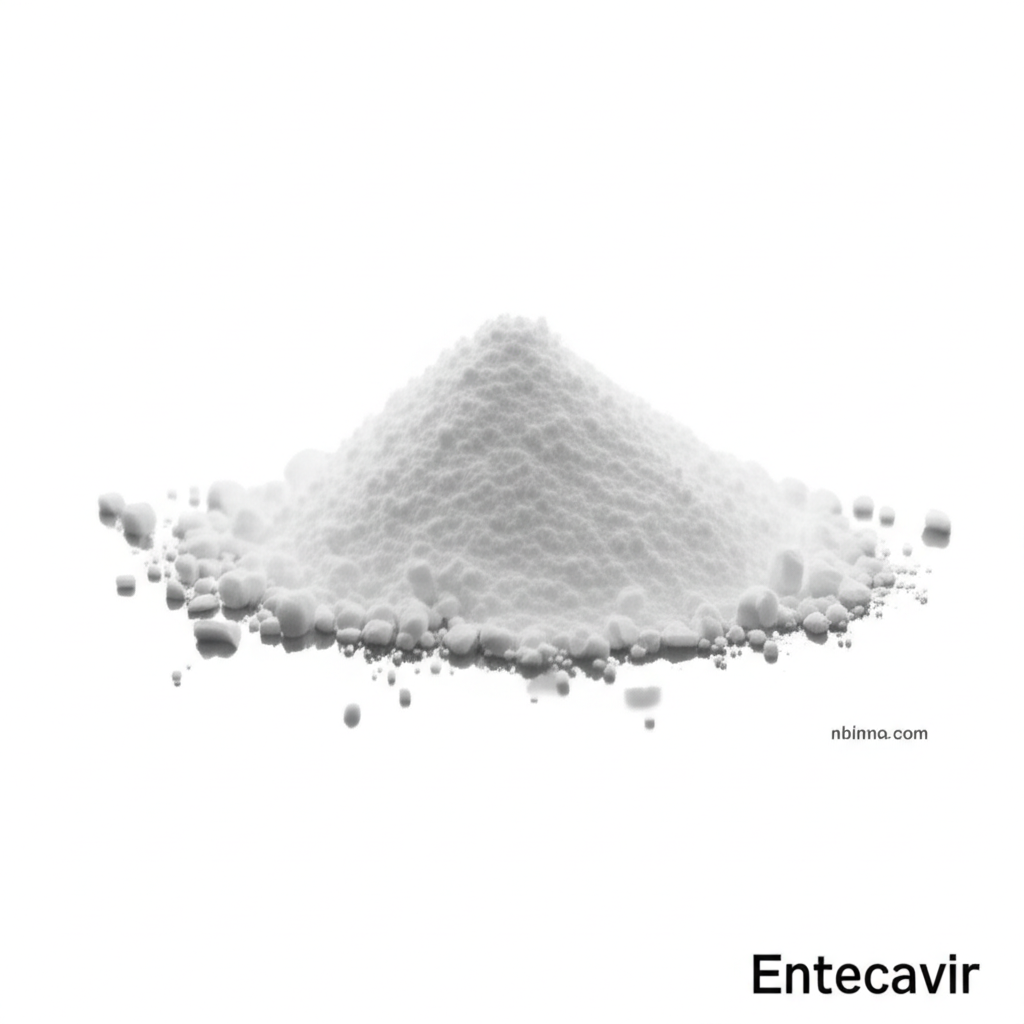Entecavir: A Comprehensive Guide to its Use in Treating Hepatitis B Infection
Discover the critical role of Entecavir in managing chronic Hepatitis B, from mechanism to patient care.
Get a Quote & SampleProduct Core Value

Entecavir
Entecavir is a potent oral antiviral medication specifically designed to combat chronic Hepatitis B virus (HBV) infection. By inhibiting key steps in the viral replication process, it effectively reduces viral load, thereby mitigating liver damage and improving overall liver health.
- Entecavir treatment for hepatitis B works by actively suppressing the replication of the Hepatitis B virus, a critical step in managing chronic infection.
- Understanding what is entecavir used for reveals its primary role in treating liver infections caused by the Hepatitis B virus, offering hope for improved patient outcomes.
- Patients often seek information on entecavir side effects and dosage, highlighting the importance of clear guidance on administration and potential adverse reactions for safe and effective use.
- The correct method for how to take entecavir empty stomach is crucial for optimal absorption and efficacy, emphasizing timing in relation to meals.
Key Advantages
Viral Load Reduction
Entecavir significantly reduces the amount of Hepatitis B virus in the body, a key factor in preventing further liver damage and disease progression, as understood when researching Entecavir treatment for hepatitis B.
Improved Liver Health
By controlling viral replication, Entecavir helps to improve the overall condition of the liver, potentially slowing or halting the progression towards more severe liver diseases like cirrhosis.
Convenient Administration
As an oral medication, Entecavir offers convenience for patients, with clear instructions on how to take entecavir empty stomach ensuring ease of use as part of a daily regimen.
Key Applications
Chronic Hepatitis B Treatment
The primary application of Entecavir is in the treatment of chronic Hepatitis B virus infection in adults and children aged 2 years and older, making Entecavir treatment for hepatitis B a cornerstone therapy.
Antiviral Therapy
Entecavir falls under the category of antiviral drugs, specifically targeting and inhibiting the replication mechanisms of the Hepatitis B virus, crucial for understanding what is entecavir used for.
Liver Disease Management
Its role extends to managing liver damage associated with chronic HBV infection, where understanding entecavir side effects and dosage is vital for patient safety and therapeutic success.
Pediatric Care
The drug's efficacy and safety profile for children, as detailed in entecavir pediatric use dosage guidelines, makes it a viable treatment option for younger patients with HBV.
